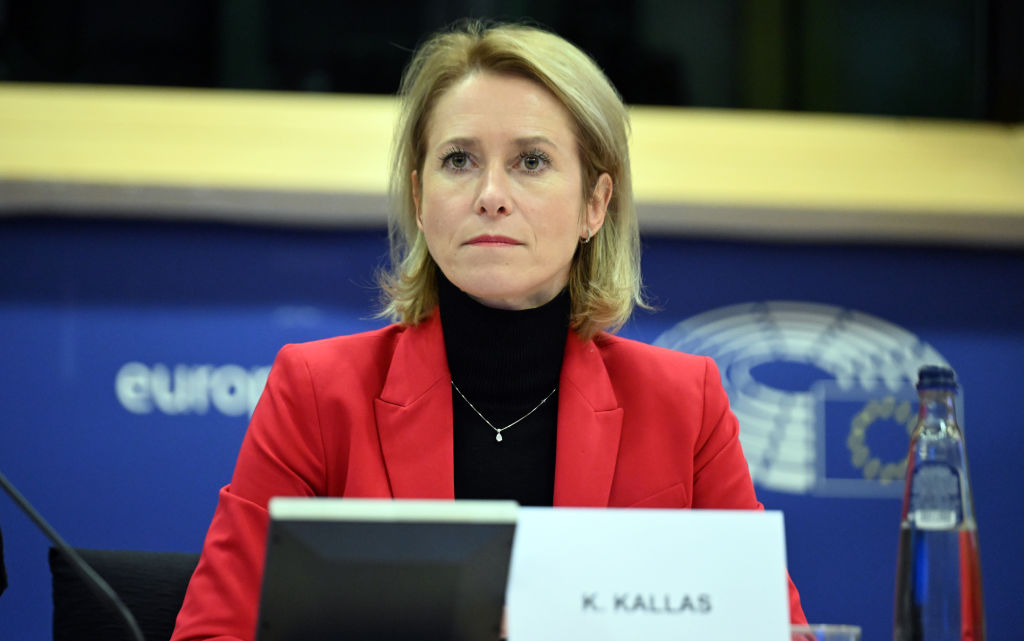On Monday, the European Union announced the suspension of several sanctions imposed on Syria, temporarily easing restrictions in key sectors such as energy—including oil, gas, and electricity—and transportation. The decision also removed five entities from the list of those subject to asset freezes and economic restrictions: the Industrial Bank, Popular Credit Bank, Savings Bank, Cooperative Agricultural Bank, and Syrian Arab Airlines.
Additionally, the EU allowed funds and economic resources to be made available to the Central Bank of Syria and granted specific exemptions to the ban on establishing banking relations between Syrian financial institutions and banks operating within EU member states. Transactions related to the energy and transportation sectors, as well as those necessary for humanitarian efforts and reconstruction, have also been permitted under the new measures. Furthermore, the EU extended its existing humanitarian exemption indefinitely and introduced a new exemption for personal use regarding the ban on exporting luxury goods to Syria.
Despite these adjustments, core sanctions remain in place, particularly those targeting the Assad regime, the chemical weapons sector, and illicit drug trafficking. Other sectoral sanctions also persist, including restrictions on arms trade, dual-use goods, internal repression equipment, surveillance and interception technologies, and the import or export of Syrian cultural heritage items. The EU stressed that it would continue monitoring the situation closely to ensure that the suspension remains appropriate.
A Hollow Gesture? Expert Questions the Impact of Sanctions Relief
While the EU’s decision has been presented as a significant move, economist Younis al-Karim dismissed it as largely symbolic and ineffective. Speaking to Al-Eqtisadi, he argued that the suspension has little practical value because it does not lift sanctions on the Syrian Central Bank, which remains bound by the U.S. Caesar Act, a law that governs financial dealings with Syria. He also noted that the measure excludes the Syrian Commercial Bank, which manages most of the country’s foreign transactions.
Moreover, the four banks removed from the EU sanctions list—Industrial Bank, Popular Credit Bank, Cooperative Agricultural Bank, and Savings Bank—do not operate in U.S. dollars or engage with international banking networks. According to al-Karim, even if they attempt to integrate into global finance, it would take at least a year to develop the necessary infrastructure and workforce.
One potential loophole, he suggested, lies in the Popular Credit Bank’s existing partnership with Lebanon’s Commercial Bank, which could serve as a channel for external financial operations. Meanwhile, the easing of restrictions on Syrian Arab Airlines could be interpreted as an indirect way to facilitate financial transactions and remittances, though al-Karim believes its actual maneuverability remains weak. He described the decision as an implicit authorization for flights to Syria while avoiding direct conflict with the Caesar Act.
Despite the EU’s announcement, the underlying constraints imposed by broader international sanctions—particularly U.S. measures—continue to limit Syria’s ability to fully reintegrate into the global financial system. For now, the suspension appears more symbolic than substantive, offering little immediate relief to the country’s struggling economy.
This article was translated and edited by The Syrian Observer. The Syrian Observer has not verified the content of this story. Responsibility for the information and views set out in this article lies entirely with the author.


